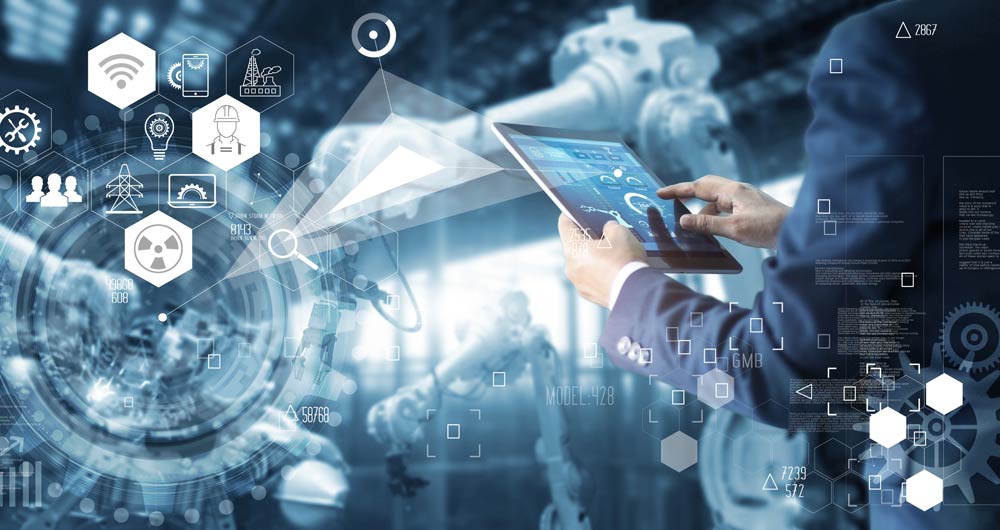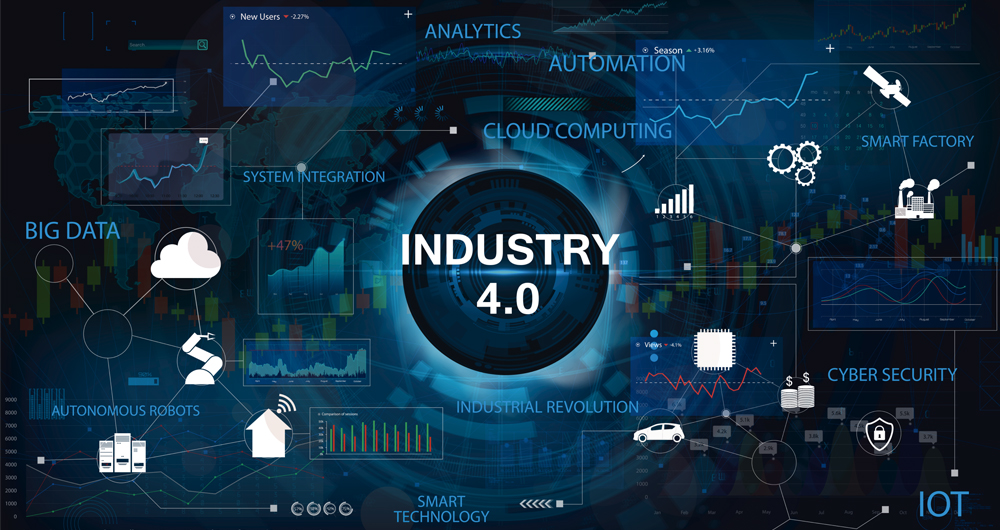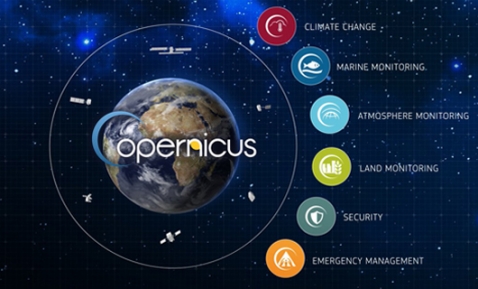14 posts found
Industrial data governance: the basis for more efficient and sustainable production
Today's industry is facing one of the biggest challenges in its recent history. Market demands, pressure to meet climate targets, consumer demand for transparency and technological acceleration are converging in a profound transformation of the production model. This transformation is not only aimed…
Exploring space from the ground: open satellite data in Europe and its applications
The value of open satellite data in Europe
Satellites have become essential tools for understanding the planet and managing resources efficiently. The European Union (EU) has developed an advanced space infrastructure with the aim of providing real-time data on the environment, navigation and meteor…
Safe rooms in Spain: What kind of data can researchers access?
There are a number of data that are very valuable, but which by their nature cannot be opened to the public at large. These are confidential data which are subject to third party rights that prevent them from being made available through open platforms, but which may be essential for research that p…
Discovering the Digital Product Passport (DPP) and CIRPASS: A Look into the Future of the Circular Economy
Digital transformation has reached almost every aspect and sector of our lives, and the world of products and services is no exception. In this context, the Digital Product Passport (DPP) concept is emerging as a revolutionary tool to foster sustainability and the circular economy. Accompanied by in…
The agreement to provide statistical data to researchers, in the context of the Data Governance Regulation
The European Union has devised a fundamental strategy to ensure accessible and reusable data for research, innovation and entrepreneurship. Strategic decisions have been made both in a regulatory and in a material sense to build spaces for data sharing and to foster the emergence of intermediar…
The importance of Critical Minerals: Where to locate data of interest?
The energy transition is also a transition of raw materials. When we imagine a sustainable future, we conceive it based on a series of strategic sectors such as renewable energies or electric mobility. Similarly, we imagine a connected and digital future, where new innovations and business models re…
The benefits of open data in the agriculture and forestry sector: the case of Fruktia and Arbaria
As in other industries, digital transformation is helping to change the way the agriculture and forestry sector operates. Combining technologies such as geolocation or artificial intelligence and using open datasets to develop new precision tools is transforming agriculture into an increasingly tech…
Artificial Intelligence and data: the revolution in the supply chain
Artificial intelligence is transforming companies, with supply chain processes being one of the areas that is obtaining the greatest benefit. Its management involves all resource management activities, including the acquisition of materials, manufacturing, storage and transportation from origin to f…
The re-use of public sector information and industry 4.0
The promotion of digitalisation in industrial activity is one of the main axes for tackling the transformation that the Spain's Digital Agenda 2025 aims to promote. In this respect, several initiatives have already been launched by public institutions, including the Connected Industry 4.0 programme…
Copernicus, the European Earth Observation Program
Geospatial data is one of the data categories most demanded by organizations, companies and citizens. The new European regulation on open data and reuse of public sector information considers them as high-value data, due to its ability to boost innovative services and generate socio-economic benefit…









